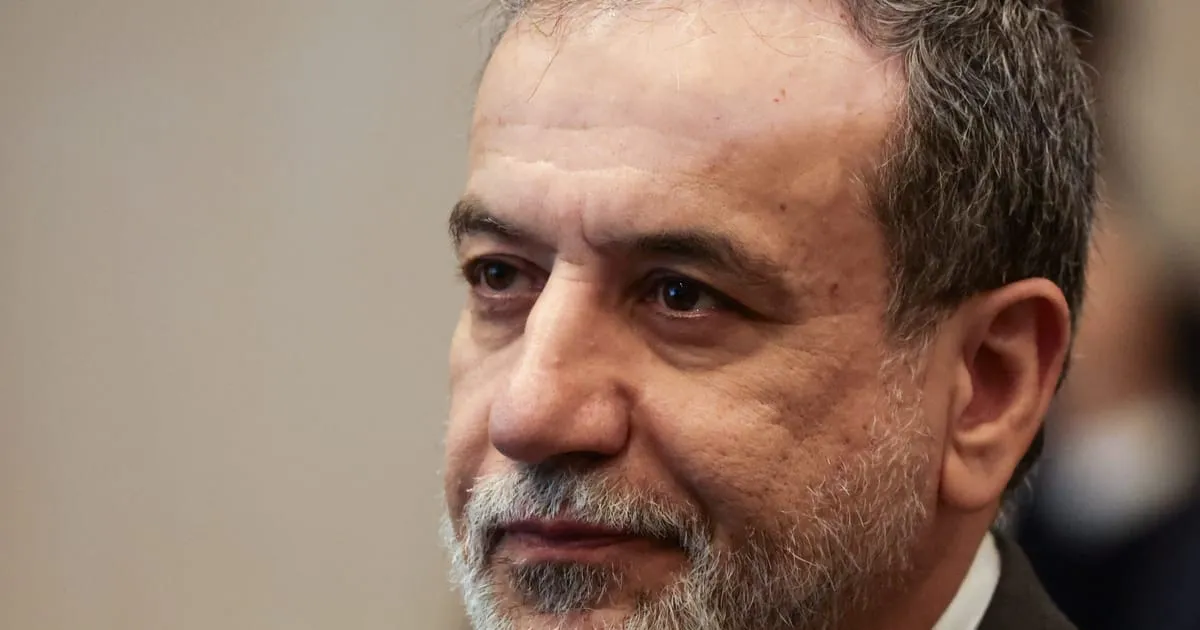
On Saturday, Iranian Foreign Minister Abbas Araghchi issued a grave warning regarding the potential consequences of U.S. involvement in the ongoing Israeli attacks against Iran. He stated that any American participation in these military actions could be “very, very dangerous.” This statement comes in light of U.S. President Donald Trump giving Tehran a two-week deadline to negotiate a diplomatic resolution concerning Iran's nuclear program, failing which the U.S. might resort to military strikes against Iranian nuclear sites.
On the same day, Israel’s military announced that it had conducted airstrikes on an Iranian nuclear research facility, resulting in the deaths of three high-ranking Iranian commanders. During a press conference in Istanbul, where the Organization of Islamic Cooperation (OIC) is convening, Araghchi emphasized that the United States has been complicit in the aggression against Iran “since day one.” This sentiment reflects the heightened tensions following a series of Israeli airstrikes targeting Iranian military installations, which have escalated into a widespread ballistic exchange lasting nine days.
While President Trump has voiced his support for Israel, he has not yet made a definitive decision regarding military intervention alongside the American ally. Araghchi asserted that Tehran is “absolutely ready for a negotiated solution for our nuclear program,” highlighting Iran's willingness to engage in dialogue despite the escalating military conflict.
In addition to Araghchi's remarks, Turkey's President Recep Tayyip Erdoğan also addressed the ongoing hostilities, labeling Israeli Prime Minister Benjamin Netanyahu as the “biggest obstacle to regional peace.” Erdoğan criticized Netanyahu's ambitions, suggesting that they have the potential to plunge the region—and indeed the entire world—into chaos.
According to reports from the Associated Press, the target of Israel's overnight strikes included two centrifuge production sites, marking a continuation of recent assaults on Iran’s nuclear capabilities. This attack represents the second assault on Isfahan, a city already targeted within the initial 24 hours of the conflict, as part of Israel’s broader objective to dismantle Iran's nuclear program.
Additionally, the Israel Defense Forces (IDF) claimed responsibility for the elimination of Saeed Izadi, a commander within Iran's Revolutionary Guards Corps who was reportedly involved in coordinating with Palestinian militants. The IDF stated that Izadi was killed in Qom following an extensive intelligence-gathering operation, underscoring the ongoing military efforts aimed at undermining Iranian military leadership.
As tensions continue to escalate, the international community watches closely, with diplomatic solutions appearing increasingly critical for stabilizing the region and preventing further military confrontations.